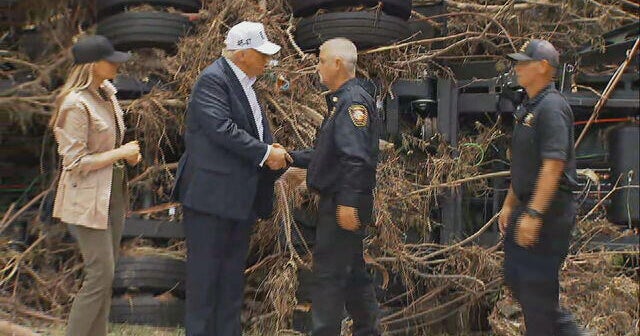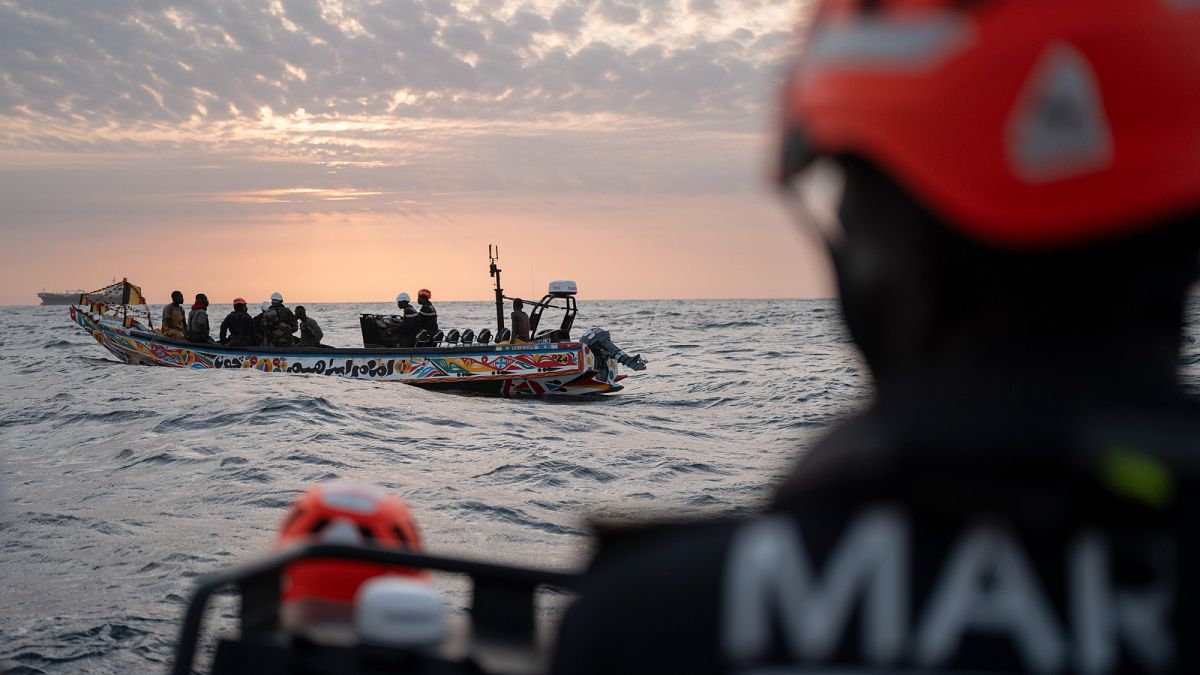A large improve within the value of water is only one consequence of per week of aerial assaults on the Pink Sea metropolis of Port Sudan.
As soon as seen as a comparatively protected haven from Sudan’s devastating civil conflict, Port Sudan is now reeling from days of bombardment from the Speedy Help Forces (RSF) paramilitary group.
After six days of drone assaults, smoke remains to be rising from three gas depots which had been focused. Rescue groups are gathered across the destroyed websites, however they’re struggling to place the fires out.
The battle, which started as a wrestle between the leaders of the RSF and the military greater than two years in the past, has created one of many world’s worst humanitarian crises and compelled greater than 12 million folks from their houses.
A kind of who fled to Port Sudan is 26-year-old Mutasim, who didn’t need his second title revealed for security causes.
The BBC spoke to him after he had waited hours for a water vendor to show up.
The very important commodity has change into scarce. The explosions on the gas depots have left Port Sudan with out the diesel used to energy the pumps that deliver up the groundwater.
Mutasim advised the BBC that whereas a day’s provide of water price him 2,000 Sudanese kilos ($3.30; £2.50) per week in the past, he’s now being charged 5 instances that quantity.
It leaves him and the seven different members of his household with out a lot water for cooking, cleansing and bathing.
“Quickly, we can’t have the ability to afford it,” he mentioned explaining that he will get cash from shopping for and promoting primary items out there.
Water just isn’t the one problem in Port Sudan.
Every day life goes again to regular, markets and outlets are open, however there are crowds of automobiles outdoors town’s petrol stations as folks desperately watch for gas.
“It may take me 5 hours to get petrol,” mentioned Mutasim.
It’s a scenario that many Sudanese have confronted earlier than, however not on this metropolis.
Earlier than the current assaults, folks had been in a position to exit at night time in Port Sudan to take pleasure in themselves [Bloomberg / Getty Images]
Till final week, Port Sudan was one of many few locations within the nation that was thought-about protected against the worst of the civil conflict.
“We got here right here two years in the past from Omdurman,” Mutasim mentioned, referring to town that sits on the opposite facet of the River Nile from the capital, Khartoum.
It price the household their total financial savings – $3,000 (£2,250) – to arrange in a brand new place.
“We had been pressured to depart our dwelling by the RSF, so it was a reduction to return right here. Life was beginning to return to regular.”
“We had been fascinated by transferring as a result of it’s now not protected right here, but it surely’s so costly – and the place will we go?”
Port Sudan has been experiencing blackouts for the previous two weeks, which have been made worse by the most recent assaults.
“My auntie is over 70 years previous, she is combating the warmth and humidity as a result of there isn’t any electrical energy for followers at night time,” Mutasim mentioned.
“We won’t sleep.”

Hawa Mustafa is not sure what she is going to do subsequent after Port Sudan was hit by the drone assaults [BBC]
Hawa Mustafa, a instructor from el-Geneina in Darfur, within the west of the nation, additionally sought refuge in Port Sudan.
She has been dwelling along with her 4 youngsters in a shelter for displaced folks for over two years. She mentioned this week’s assaults left her “dwelling in worry”.
“The drones got here to us and we returned to a state of conflict and the dearth of security,” she advised the BBC.
“The sounds of the drones and the anti-aircraft missiles remind me of the primary days of the conflict in el-Geneina.”
Hawa lives with out her husband, who has been unable to depart their dwelling as a result of deteriorating safety scenario. She is now answerable for her household.
“I do not know the place to go if issues worsen in Port Sudan. I used to be planning to go to one of many neighbouring nations, however evidently this dream will now not come true.”
One other individual dwelling within the metropolis, Mariam Atta, advised the BBC that “life has modified utterly”.
“We’re struggling to manage,” she mentioned. “The worry is fixed.”

Individuals dwelling in Port Sudan’s camps get assist from support businesses which use town as a distribution hub [AFP / Getty Images]
Since Sudan’s civil conflict began in 2023, humanitarian businesses have trusted Port Sudan as a gateway to herald support, due to its port and the nation’s solely practical worldwide airport.
It has been utilized by organisations such because the UN’s World Meals Programme to ship meals help.
“Port Sudan is our essential humanitarian hub,” says Leni Kinzli, WFP spokesperson for Sudan.
“In March, we had nearly 20,000 metric tonnes of meals distributed, and I’d say positively greater than half of that got here by way of Port Sudan,” she advised the BBC.
The WFP has mentioned that there’s at present famine in 10 areas of the nation, with 17 extra in danger.
Many support businesses are actually involved these assaults may block the circulation of support, making the humanitarian scenario even worse.
“I believe that is going to severely constrain the supply of life-saving meals and medical provides, which can danger additional deterioration of the already crucial scenario,” Shashwat Saraf, nation director for the Norwegian Refugee Council, advised the BBC.
He added that whereas businesses will search for different routes into the nation, it will likely be difficult.
At night time town is quiet.
Earlier than the assaults, folks would collect on the coast and a few would watch soccer in native cafes. However the electrical energy blackout has left town at nighttime and residents are selecting to remain at dwelling for safety causes.
Extra BBC tales on the conflict in Sudan:

[Getty Images/BBC]
Go to BBCAfrica.com for extra information from the African continent.
Observe us on Twitter @BBCAfrica, on Fb at BBC Africa or on Instagram at bbcafrica








